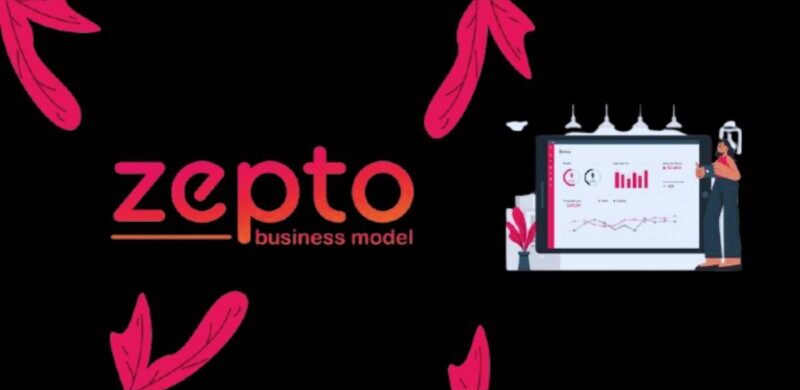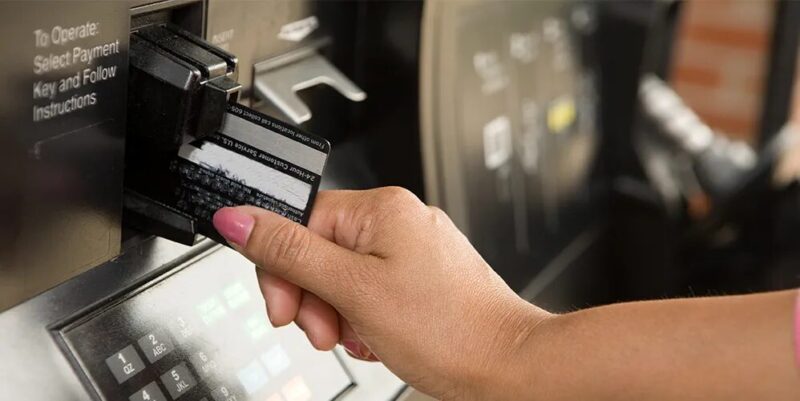The grocery delivery industry is experiencing significant growth, driven by changes in consumer behavior and the increased accessibility of online shopping. As people adapt to busier lifestyles and seek convenience, businesses like Zepto have emerged to meet the rising demand. Zepto’s innovative business model, known as the “Zepto Business Model,” is at the forefront of this transformation. This Mumbai-based company promises to deliver groceries within 10 minutes, catering to customers who need essentials quickly but lack the time to visit physical stores.
About Zepto

Zepto was founded by two Stanford University dropouts, Aadit Palicha and Kaivalya Vohra, who identified a gap in the market during the pandemic. Struggling with the inefficiency of existing grocery delivery services, they decided to build a platform that could provide a faster, more reliable solution. Zepto officially launched in April 2021, and it has since expanded rapidly across India’s metropolitan areas.
What sets Zepto apart is its promise of delivering groceries in just 10 minutes, a service unmatched by most other grocery delivery platforms, which typically offer a 30-minute delivery window. This speed makes Zepto particularly appealing to customers with hectic schedules who need quick access to groceries without the hassle of waiting.
Zepto Company Details
| Aspect | Details |
| Full Name | Zepto |
| Founders | Aadit Palicha, Kaivalya Vohra |
| Founded | September 2020, started in April 2021 |
| Headquarters | Mumbai, India |
| Industry | Grocery Delivery |
| Background | Developed by teen Stanford dropouts to address grocery delivery challenges during the pandemic |
| Website | www.zeptonow.com |
Zepto’s Dark Store Business Model
Zepto’s operations are based on the “Dark Store” concept, a key part of the Zepto Business Model. This model refers to strategically located warehouses that are closed to the public but are used to fulfill online orders quickly and efficiently. These micro-fulfillment centers are designed to support fast delivery times by ensuring that groceries are always stocked and ready for dispatch.
India’s e-grocery sector is expected to be valued at over $24 billion by 2025, with online grocery sales projected to account for 3-5% of the market. Zepto’s business model is poised to capitalize on this growth, driven by factors such as the younger population’s preference for online shopping, increased eCommerce penetration, and rising disposable incomes.
The Dark Store concept enables Zepto to offer over 2,500 products for delivery within 10 minutes. The stores are optimized for quick navigation and packing, allowing staff to fulfill orders with remarkable speed. This ability to deliver on its 10-minute promise has earned Zepto a loyal customer base, contributing significantly to its rapid success in the market.
Contactless Shopping and Customer Convenience
One of the main reasons behind the success of the “dark store” strategy, as implemented in the Zepto Business Model, is the growing demand for contactless shopping. The COVID-19 pandemic shifted consumer preferences towards minimizing physical contact. With Zepto, customers can order groceries online without ever needing to visit a store or interact with others. Once the order is placed, groceries are delivered swiftly and safely to the customer’s doorstep.
Additionally, Zepto’s dark stores are strategically located close to high-density residential areas, allowing for fast deliveries while expanding the company’s customer base. These fulfillment centers operate solely online, meaning they can remain open and process orders 24/7, making the service highly convenient for customers who need groceries at odd hours.
Inventory Management and Product Variety
Zepto has leveraged AI-powered tools to streamline its inventory management processes, ensuring that products are always available and orders are fulfilled without delays. This technology helps monitor stock levels, track customer preferences, and optimize product assortment based on demand. As a result, Zepto can offer a wide variety of groceries while maintaining efficient stock levels across its dark stores.
Efficient Distribution Network
Zepto’s efficient distribution network is another key component of the Zepto Business Model. The company uses a combination of micro-fulfillment centers and cold warehouses to ensure that groceries reach customers as quickly as possible. By having these centers located near customers, Zepto can cut down on delivery times and improve the overall shopping experience. This infrastructure gives Zepto greater control over its supply chain and helps ensure consistent, fast deliveries.
Revenue Model
Zepto’s revenue comes from two main sources. First, the company charges a small commission, typically 2-3%, on every order placed through its app. This commission helps cover operational costs and ensures that customers receive reliable service. Second, Zepto charges delivery fees on some orders, which contribute to its revenue stream.
In addition to this, Zepto has raised significant funds through multiple investment rounds. As of May 2022, the company raised over $360 million, with its valuation soaring to $900 million. These funds have allowed Zepto to scale rapidly, improve its technology, and expand into new markets.
Zepto’s growth trajectory has been nothing short of impressive. In the last quarter, the company’s revenue grew by 800%, while its burn rate per order decreased significantly. Zepto is growing at a rate of 50% month-over-month, and if this trend continues, it could reach a $1 billion valuation by March next year.
Conclusion
Zepto’s success is a testament to the effectiveness of its business model. By leveraging the Dark Store strategy, Zepto has been able to meet consumer demand for fast, reliable grocery delivery. The company’s focus on convenience, efficiency, and customer satisfaction has positioned it as a leader in the rapidly growing e-grocery sector in India. With ongoing investments and a growing customer base, the Zepto Business Model is likely to continue shaping the future of grocery delivery in India.
















